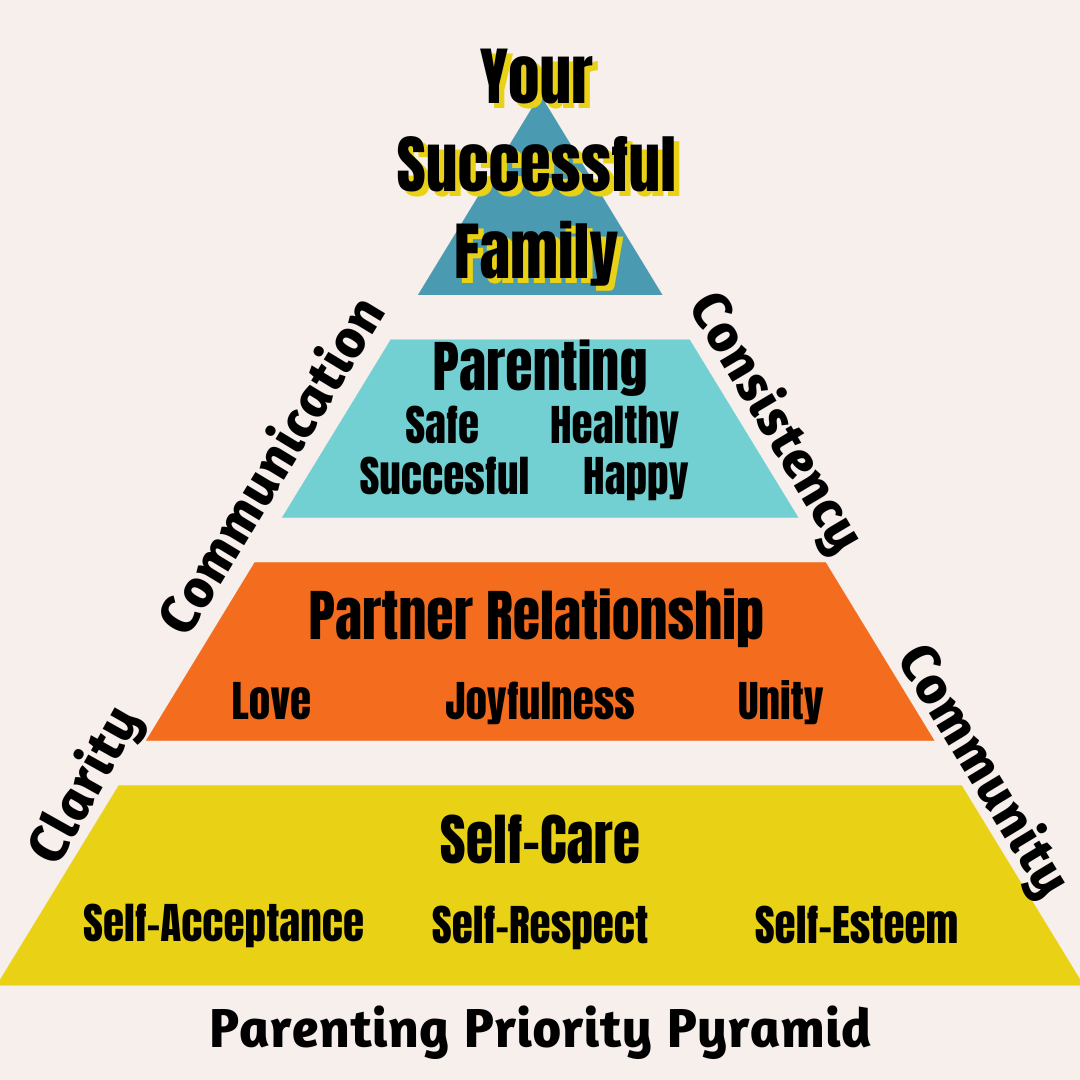
The Secret to Resolving Conflict with Love

“Do you want to be right, or do you
want to be in a loving relationship?”
It’s a question we often hear, but when tensions rise and emotions flare, choosing love over “winning” the argument isn’t always easy. That’s where modesty steps in—not as a weakness, but as a powerful relationship-strengthening tool.
In marriage, modesty means lowering our defenses, admitting when we’re wrong, and resisting the urge to “prove” ourselves. It’s about approaching conflict with humility rather than pride, which leads to resolution instead of resentment.
So, how exactly does modesty transform difficult conversations into moments of growth and connection?
1. Modesty Lowers Defenses & Eases Tension
Imagine this: You and your spouse are in the middle of a disagreement. You’re both frustrated, and every sentence feels like a battle for the last word.
Now, picture yourself pausing and saying:
“You know what? I see your point. I don’t agree with everything, but I understand where you’re coming from.”
Suddenly, the tension shifts. Your partner’s defenses lower. The conversation moves from combat to collaboration.
Modesty helps because it:
✅ Softens the conversation, reducing the need for one person to “win.”
✅ Creates emotional safety, where both partners feel heard instead of attacked.
✅ Makes space for understanding, leading to solutions rather than prolonged arguments.
💡 Modesty in action: Instead of rushing to prove your point, take a deep breath and ask, “Can you help me understand why you feel that way?”
2. Admitting When You’re Wrong Strengthens Trust
Let’s be honest: Admitting we’re wrong is hard. But one of the most healing phrases in a marriage is “You were right. I was wrong.”
Modesty allows us to:
✅ Own our mistakes without feeling like failures.
✅ Apologize sincerely, showing our spouse that our ego isn’t more important than our love.
✅ Teach our children healthy conflict resolution, modeling humility in relationships.
💡 Modesty in action: If you realize you were too harsh in an argument, say: “I shouldn’t have spoken to you that way. I let my frustration take over, and I’m sorry.”
3. Letting Go of the Need to “Win” Leads to True Resolution
One of the biggest barriers to resolving conflict is the desire to be right. But ask yourself:
“What’s more important—proving my point or finding a solution together?”
A modest heart prioritizes:
✅ Peace over pride
✅ Understanding over ego
✅ Compromise over control
Modesty reminds us that marriage isn’t a debate—it’s a partnership. Letting go of the need to “win” allows room for real solutions, deeper connection, and lasting harmony.
💡 Modesty in action: Instead of trying to prove why you’re right, ask your spouse, “What’s a solution that works for both of us?”
Final Reflection: Practicing Modesty in Your Marriage
The next time a disagreement arises, pause and ask yourself:
👉 Am I listening to understand, or just waiting to respond?
👉 Am I prioritizing the relationship over my pride?
👉 How can I approach this conversation with more humility and love?
By embracing modesty in conflict resolution, we replace tension with trust, competition with compassion, and ego with empathy.
And when we model this for our children, they learn that true strength isn’t about proving yourself—it’s about making space for love, even in difficult moments.
Joe is a husband, father, grandfather, author, speaker, educator, course creator, and parent/family coach.
He helps parents develop unity, find clarity, communicate, and develop consistency in their parenting with the Four C’s of Successful Families. You can find his work on social media.
In addition, the Four C’s newsletter is enjoyed by many as it encourages parents to self-care, build their relationships with their partners, and raise their children.
And he loves to golf!










